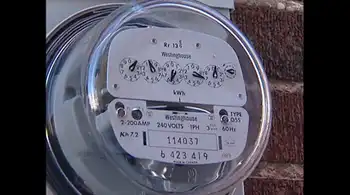Japanese work on solar-powered ship
TOKYO, JAPAN - The race to go green has taken to the high seas with two Japanese companies saying they would begin work on the world's first ship to have propulsion engines partially powered by solar energy.
Japan's biggest shipping line Nippon Yusen KK and Nippon Oil Corp said solar panels capable of generating 40 kilowatts of electricity would be placed on top of a 60,000 tonne car carrier to be used by Toyota Motor Corp.
The solar panels would help conserve up to 6.5 percent of fuel oil used in powering diesel engines that generate electricity at any given moment.
Solar panels for an average home usually generate 3.5 kilowatts of electricity.
The system is expected to help reduce carbon dioxide emissions by 1-2 percent, or about 20 tonnes per year, said Hideyuki Dohi, general manager at Nippon Oil's energy system development department.
Nippon Yusen will invest about 150 million yen ($1.4 million) in the solar panel system to be designed by Nippon Oil.
Solar panels capable of generating several kilowatts of electricity have been used on large vessels before but their use has been limited to power for the crew's living quarters.
Damage to the panels from salt and vibration remain hurdles to be overcome.
The ship is scheduled to be completed in December.
"If it's possible, we want to aim for the full commercialization of the system in the next three to five years," Nippon Oil Executive Vice President Ikutoshi Matsumura told reporters.
Related News

Zapping elderly brains with electricity improves short-term memory — for almost an hour
LONDON - To read this sentence, you hold the words in your mind for a few seconds until you reach the period. As you do, neurons in your brain fire in coordinated bursts, generating electrical waves that let you hold information for as long as it is needed. But as we age, these brain waves start to get out of sync, causing short-term memory to falter. A new study finds that jolting specific brain areas with a periodic burst of electricity might reverse the deficit—temporarily, at least.
The work makes “a strong case” for the idea that out-of-sync brain waves in…




